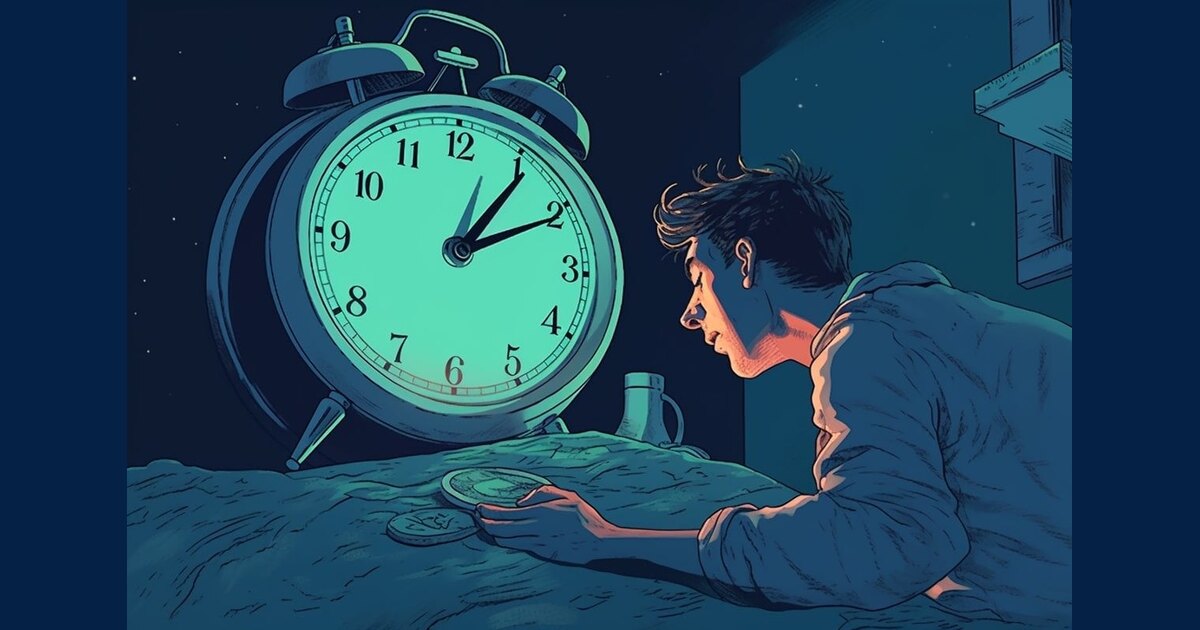A recent study has shed light on the potential health risks faced by night owls. These individuals, who prefer staying up late and sleeping in, may be at a higher risk of developing type 2 diabetes and engaging in unhealthy lifestyle habits.
Staying Up Late May Risk Your Health, Study Finds
The research, led by Sina Kianersi, a postdoctoral research fellow at Brigham and Women’s Hospital and Harvard Medical School, discovered that night owls had a staggering 72% increased risk of developing type 2 diabetes over an eight-year study period when compared to early birds.
The study also uncovered strong associations between the night owl chronotype and several unhealthy behaviors known to contribute to chronic diseases like diabetes.
Night owls were more likely to have poor dietary habits, be less physically active, consume higher quantities of alcohol, maintain an unhealthy body mass index (BMI), smoke, and experience either too much or too little sleep, deviating from the recommended seven to nine hours per night.
Even after accounting for these unhealthy habits, the risk of type 2 diabetes for night owls decreased to 19% when compared to early birds. Dr. Bhanu Prakash Kolla, a sleep medicine specialist at the Mayo Clinic, suggests that there might be a genetic predisposition or other unaccounted factors contributing to this risk.
It’s important to note that everyone has an internal body clock or circadian rhythm that regulates various bodily functions, including sleep.
Night owls have a delayed release of melatonin, making them more alert and active in the afternoon and evening, while early birds are more active in the morning.
The disruption of these circadian rhythms due to staying up late can lead to hormonal changes, temperature regulation issues, and metabolic disturbances, increasing the risk of diabetes and other chronic illnesses.
Early birds tend to excel academically and remain active throughout the day, which could explain their lower risk of cardiovascular disease.
The study, which followed nearly 64,000 nurses participating in the Nurses’ Health Study II, found that night owls who worked during the day had a higher risk of developing diabetes compared to those with different work schedules.
In conclusion, while lifestyle factors play a significant role in the risk of developing type 2 diabetes, genetics and circadian rhythms also contribute.
Night owls can reduce their risk by maintaining a healthy lifestyle, which includes moderating alcohol intake, quitting smoking, increasing physical activity, and ensuring adequate sleep.
Personalized work schedules that align with an individual’s chronotype could also be beneficial in reducing health risks associated with being a night owl.
Share your thoughts on this!








Leave a Reply
You must be logged in to post a comment.